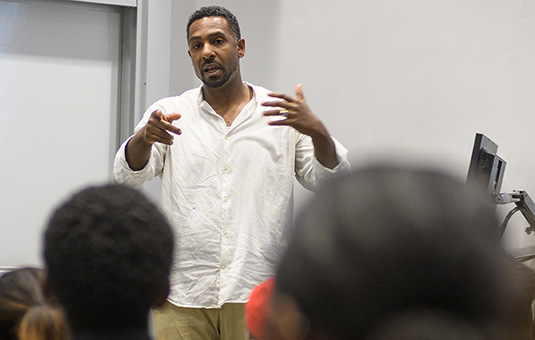
History
Document Type
Book Chapter
Abstract
As David Geggus has shown, scores of slave conspiracies and revolts occurred during the Age of Revolutions. In the Greater Caribbean, slave uprisings were especially frequent in the 1790s. One year stood out: 1795. While in a number of colonies revolts were planned in that year but failed to materialize, and in other colonies small numbers of slaves took up arms, large-scale rebellions involving slaves did occur in Coro and Curaçao. The seeds for such rebellious behaviour had been sown in 1789 with the destruction of the ancien régime in France, the adoption of the Declaration of the Rights of Man and Citizen, and the promulgation in Spain of a new slave code by King Charles IV. The overthrow or reform of time-honoured structures had an impact not only on slave populations, but also on underprivileged free people of colour. Abolitionism and the immediate French termination of slavery added fuel to the flames.
I will argue here that the French revolutionary message had a more direct impact on free people of colour in the Caribbean than on slaves.
Publication Title
Caribbean Series
Publication Date
2014
Volume
30
First Page
57
Last Page
74
ISSN
0921-9781
ISBN
9789004253582
DOI
10.1163/9789004253582_004
Keywords
slavery, Greater Caribbean, Caribbean, uprisings, people of color
Repository Citation
Klooster, Wim, "The rising expectations of free and enslaved blacks in the Greater Caribbean" (2014). History. 46.
https://commons.clarku.edu/historyfac/46
Creative Commons License

This work is licensed under a Creative Commons Attribution-NonCommercial-No Derivative Works 4.0 International License.


